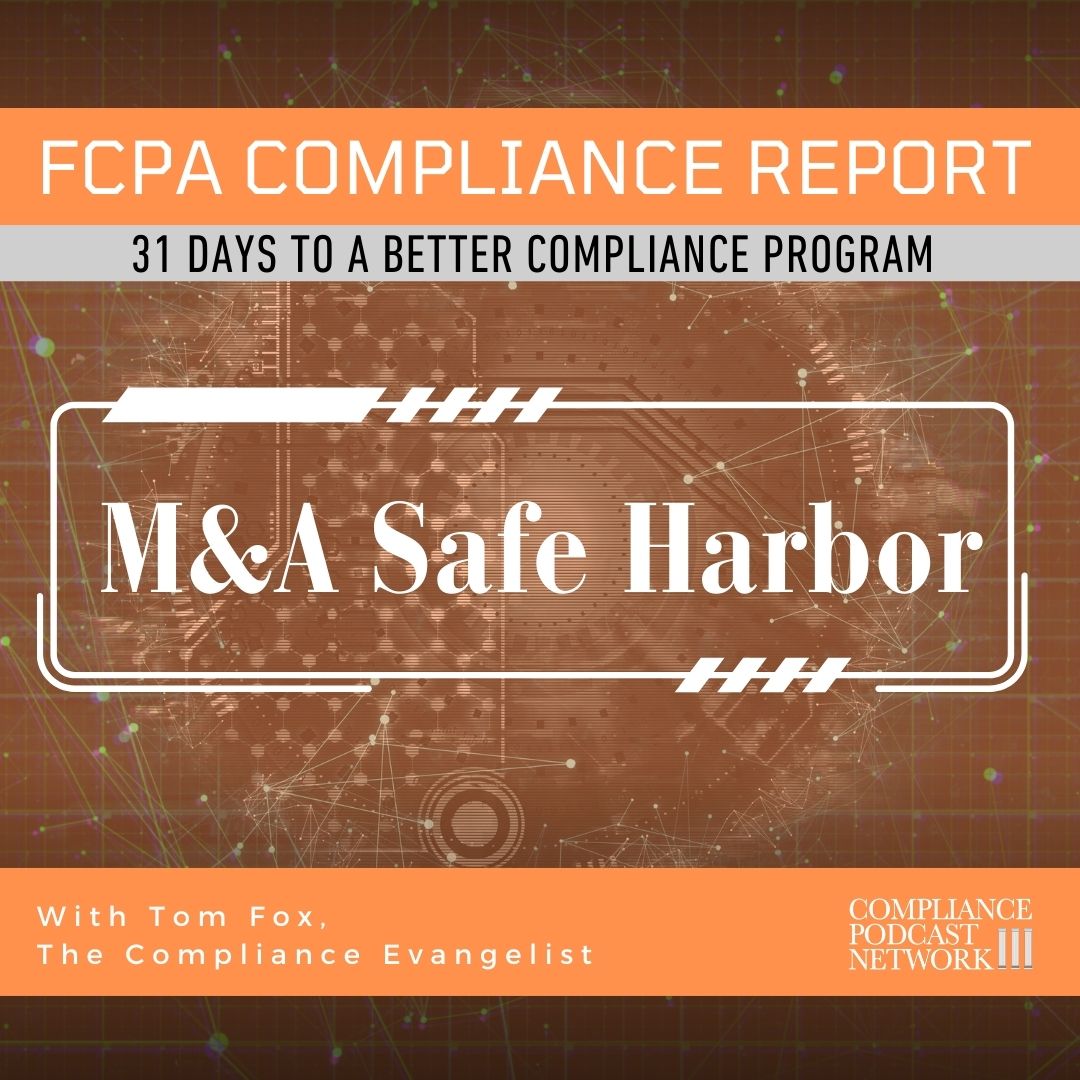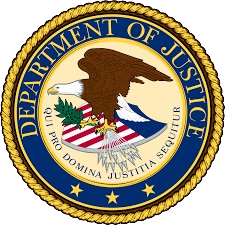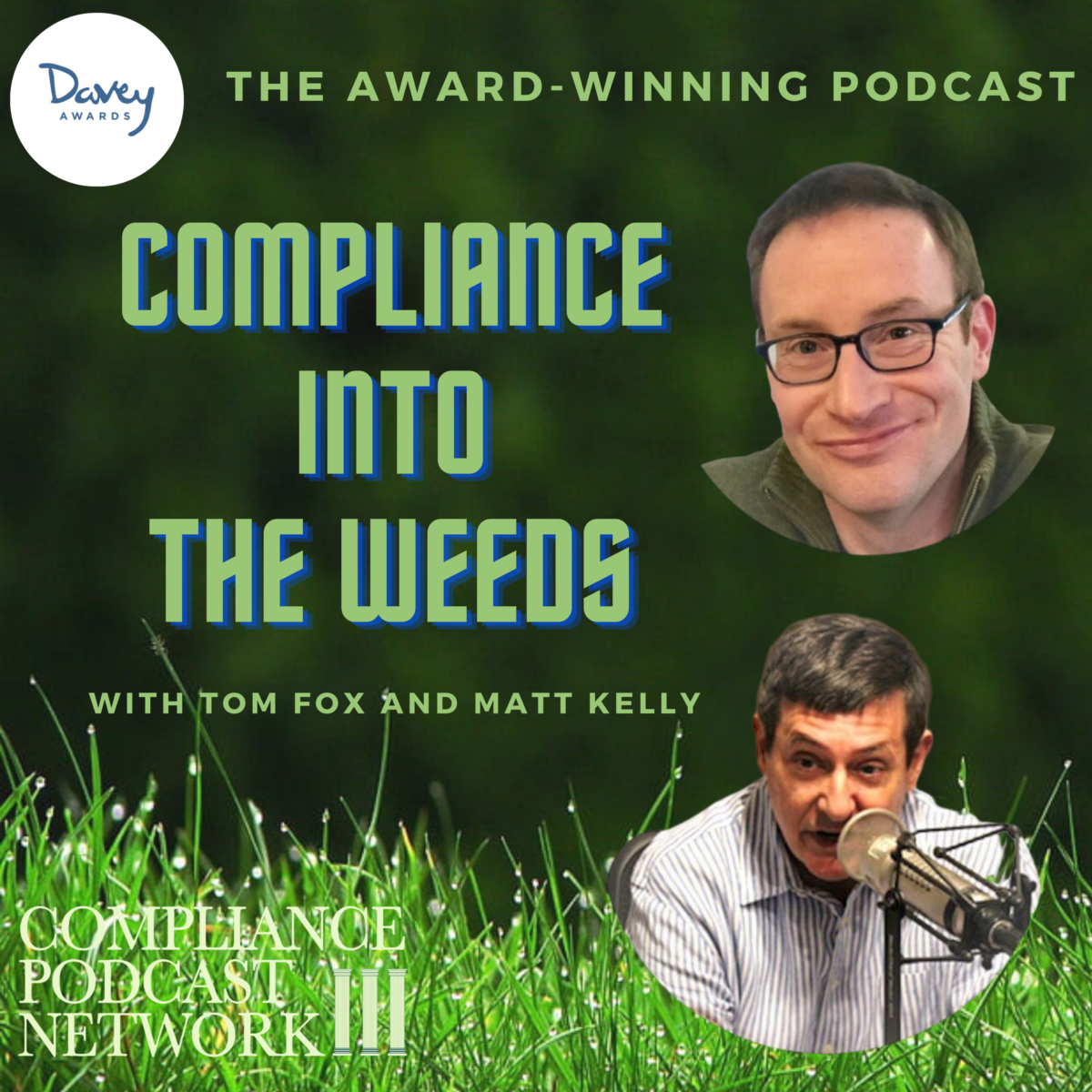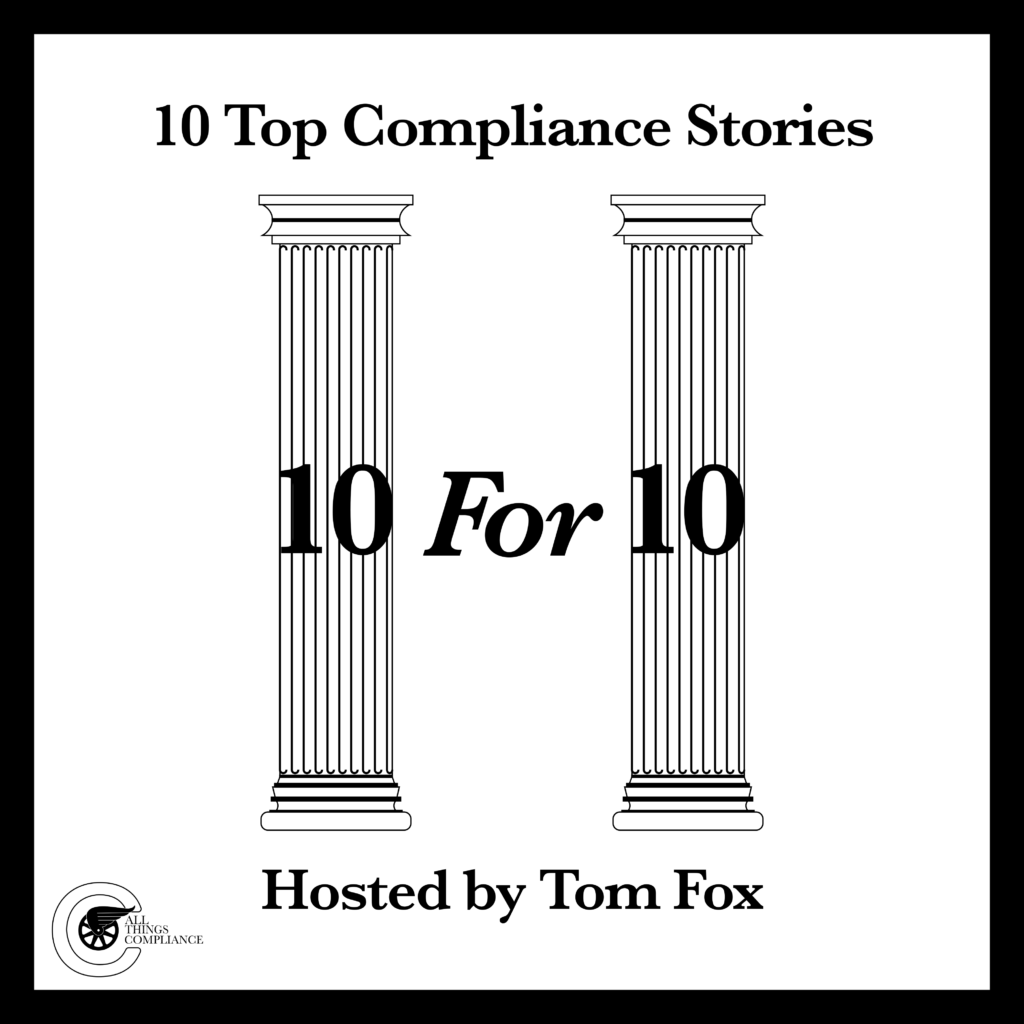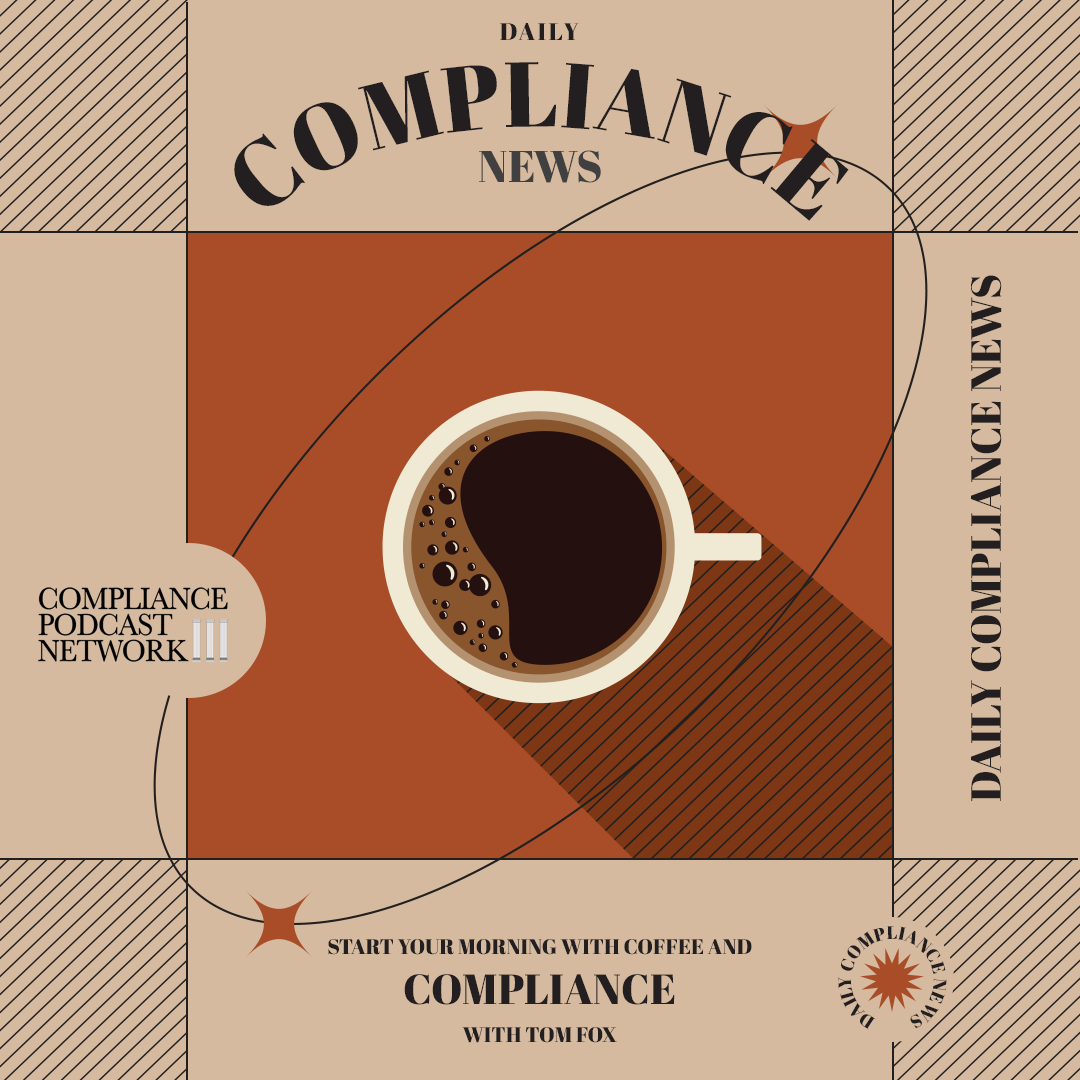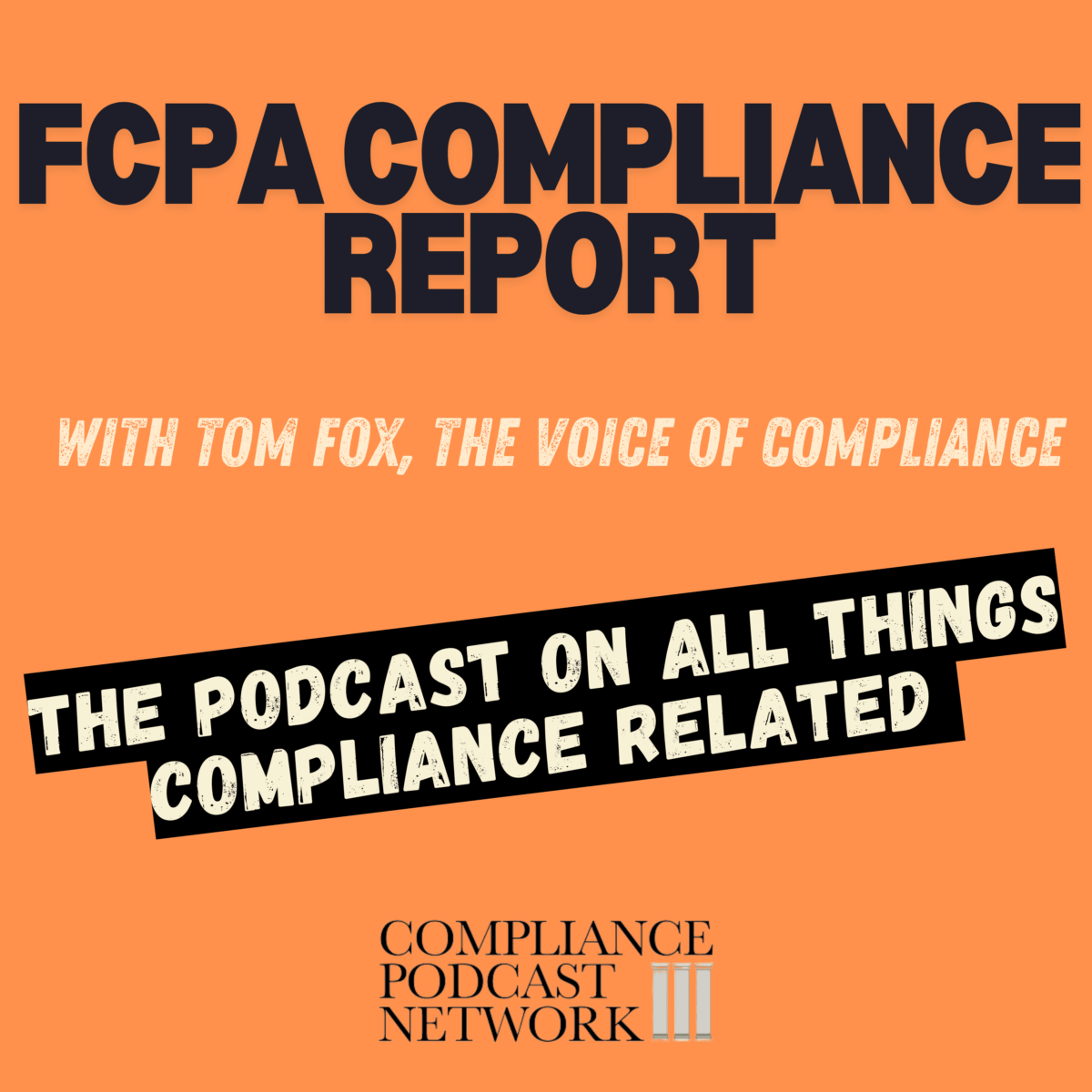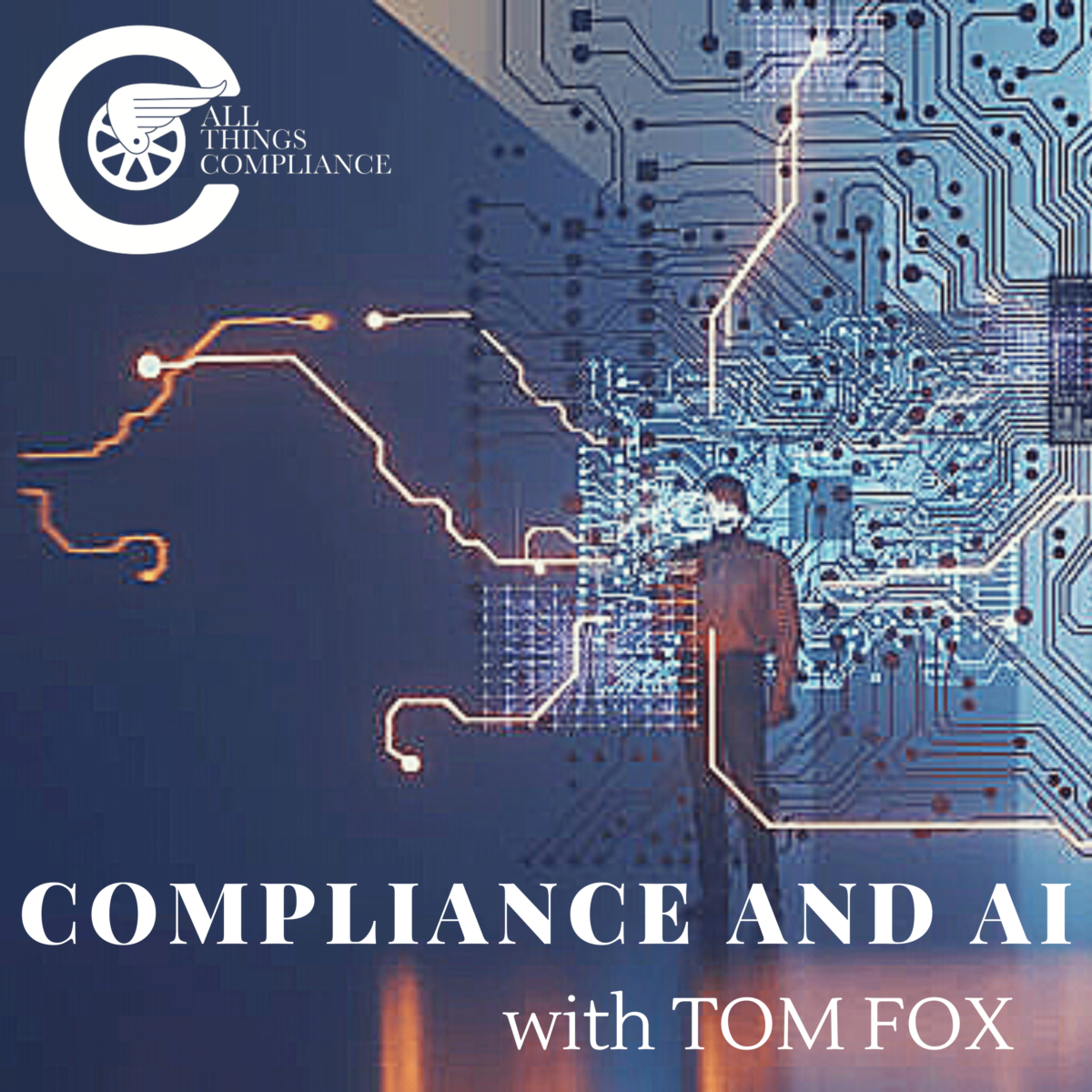We continue our week-long look at the use of AI in compliance. Today, we consider third parties. Third-party relationships remain one of the most significant areas of risk for corporate compliance programs. From supply chain partners to distributors and everything in between, third parties act as the face of your organization in many jurisdictions, making their actions, and any misconduct, your problem. To mitigate these risks, companies traditionally relied on periodic due diligence and reactive responses. But in today’s fast-moving and increasingly interconnected world, such approaches fall short.
This is where artificial intelligence (AI) can revolutionize third-party risk management. With AI tools, compliance teams can shift from static, checklist-driven processes to dynamic, continuous monitoring systems. In this post, we’ll explore how AI enhances third-party risk management by screening, monitoring, and evaluating third parties in real time and how it helps meet the DOJ’s 2024 Evaluation of Corporate Compliance Programs (2024 ECCP) expectations for robust, data-driven compliance practices.
The DOJ’s 2024 ECCP places a strong emphasis on using data analytics and continuous monitoring to strengthen compliance programs. These expectations are included with the requirements of a proactive risk management and data-driven compliance. AI allows compliance teams to manage a large volume of third-party relationships efficiently and effectively. To fully align with DOJ expectations, companies should document their use of AI tools, including how they support risk assessments and monitoring activities. Regular audits of AI systems can ensure they remain effective and compliant with legal standards.
AI: The Compliance Professional’s New Ally
The compliance risks tied to third parties are well-documented: bribery and corruption, reputational damage, and legal and regulatory violations. AI excels at handling exactly the complexity of third-party management entails. It can process vast amounts of data from multiple sources, identify patterns, and provide actionable insights in real-time. Let’s break down how AI can be used at each stage of the third-party lifecycle.
Traditional screening processes rely on questionnaires and public database checks—important but limited in scope. AI-powered tools enhance this step in a variety of ways. By aggregating diverse data sources, AI systems can pull information from public records, news outlets, litigation databases, social media platforms, and proprietary sources. Through the use of natural language processing (NLP) algorithms, you can detect hidden risks through the analysis of news articles, blogs, or social media posts to uncover potential red flags, such as allegations of fraud, regulatory violations, or ethical misconduct. Finally, with scored risk profiles, AI models assess the likelihood of misconduct based on factors such as geographic risk, industry norms, and historical behavior. This risk scoring allows compliance teams to prioritize their efforts.
The onboarding phase is critical for setting the tone of the relationship and understanding the potential risks. AI can assist you in a variety of ways. With automated document review, AI tools can process contracts, certifications, and policies submitted by third parties, flagging inconsistencies or missing information. One area that continues to bedevil due diligence is the identification of Beneficial Ownership. By cross-referencing corporate records, AI can reveal ultimate beneficial owners, including individuals who might otherwise remain hidden. Machine learning (ML) models trained on historical compliance data can predict the likelihood of future misconduct, enabling proactive risk mitigation strategies through predictive insights. The bottom line is that by ensuring a thorough onboarding process, AI helps organizations comply with DOJ guidance, which emphasizes the importance of understanding third-party relationships.
A one-time due diligence exercise is no longer sufficient. The 2024 ECCP made clear the need for ongoing monitoring to ensure that third-party relationships remain compliant. AI facilitates this mandate by offering real-time alerts, where AI-driven systems can monitor news feeds, regulatory databases, and other sources 24/7, sending alerts when a third party is implicated in a legal issue, sanctions violation, or reputational scandal. One of the more challenging areas for compliance professionals has in around transaction monitoring. Here, AI can analyze financial transactions involving third parties, flagging anomalies that might indicate fraud or corruption. Finally, in the area of behavioral analytics, AI tools can track changes in a third party’s behavior, such as a sudden increase in high-risk transactions or shifts in geographic focus. These patterns often signal emerging risks. The bottom line is that with continuous monitoring, companies can address potential problems before they escalate into full-blown compliance failures.
- Periodic Risk Re-Evaluation
AI ensures that risk assessments are dynamic, reflecting changes in the external environment and the third party’s circumstances. As far back as 2020, the DOJ told compliance professionals that risk assessments should be performed with your organization’s risk change, so a periodic risk re-evaluation directly aligns with the DOJ’s expectations. Key AI capabilities in this area include geopolitical risk analysis, using AI to evaluate the impact of geopolitical events, such as sanctions, trade disputes, or political instability, on third-party relationships. Your industry trends are something the DOJ has been talking about for at least 10 years, and AI systems can monitor regulatory developments and industry trends, helping organizations anticipate new compliance risks. Perhaps most excitedly are the customizable risk models you can create with AI. This would allow compliance teams to adjust risk assessment models based on evolving business needs, ensuring that evaluations remain relevant and actionable.
Overcoming Challenges in AI Implementation
While the benefits of AI are clear, implementing these tools effectively requires careful planning and preparation in several areas. First is your data quality. The old adage of GIGO (Garbage In, Garbage Out) has been replaced by BIBO (Best Input, Best Output). Here, AI is only as effective as the data it analyzes. Organizations must invest in robust data governance practices to ensure accuracy, completeness, and consistency.
Transparency is a key issue for compliance in using AI, and it was directly addressed in the 2024 ECCP. The black-box nature of AI decision-making can be a concern. Compliance teams should work with internal teams and vendors to ensure algorithms are interpretable and results are explainable. AI tools must integrate seamlessly with existing compliance systems to avoid creating silos or inefficiencies. While the US is far behind the rest of the world in data privacy laws, GDPR and others still apply to any internationally facing organization. This means companies must deploy AI responsibly, respecting privacy laws and ensuring that monitoring does not cross ethical boundaries.
The Future of Third-Party Compliance
AI is transforming third-party risk management from a reactive, one-size-fits-all process into a dynamic, data-driven discipline. By leveraging AI tools for screening, onboarding, monitoring, and reassessment, compliance professionals can manage third-party risks with unprecedented precision and agility. However, as with any powerful tool, AI must be used thoughtfully. By focusing on data quality, transparency, and ethical considerations, organizations can harness the full potential of AI while maintaining trust and accountability. At the end of the day, a best practices compliance program is not simply about checking the box; rather, it is about creating a system that evolves with the risks it manages. AI is that system’s next evolution.


